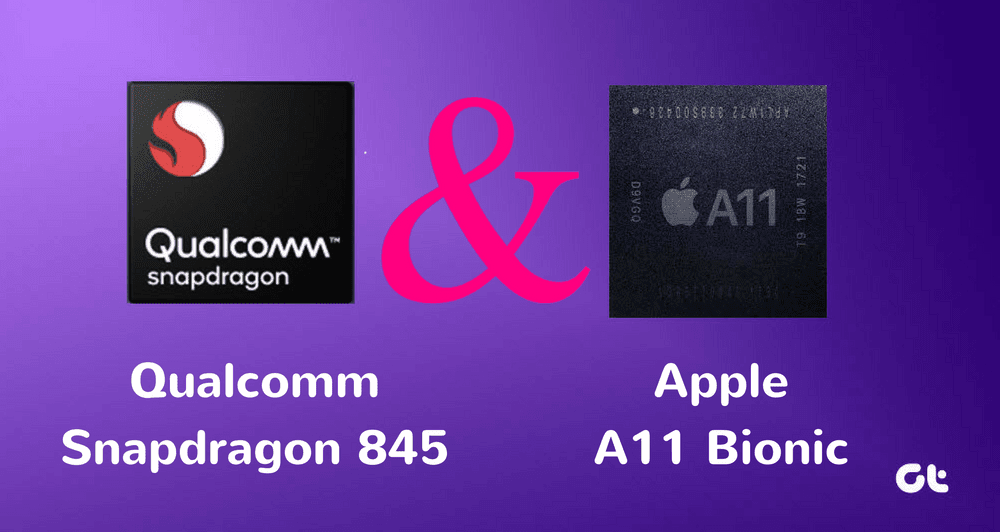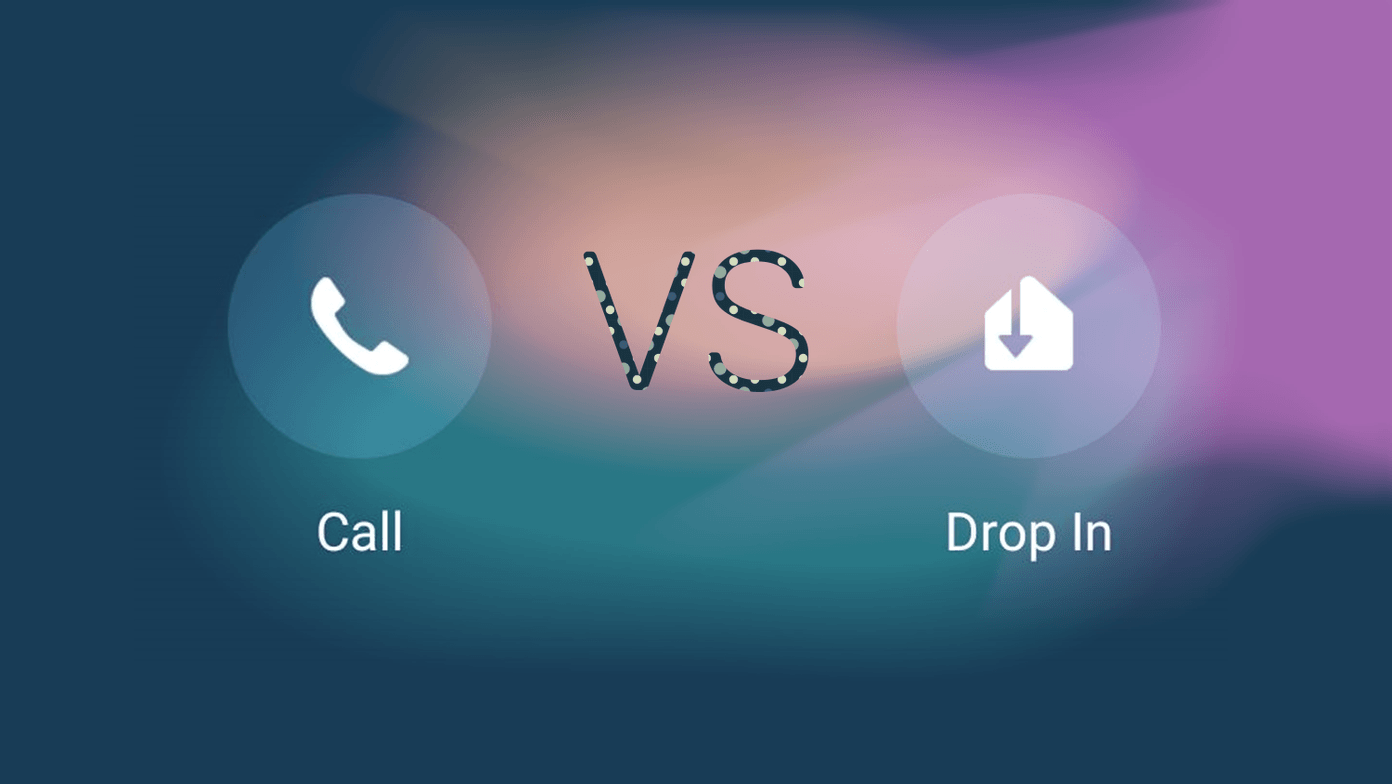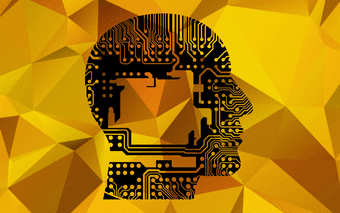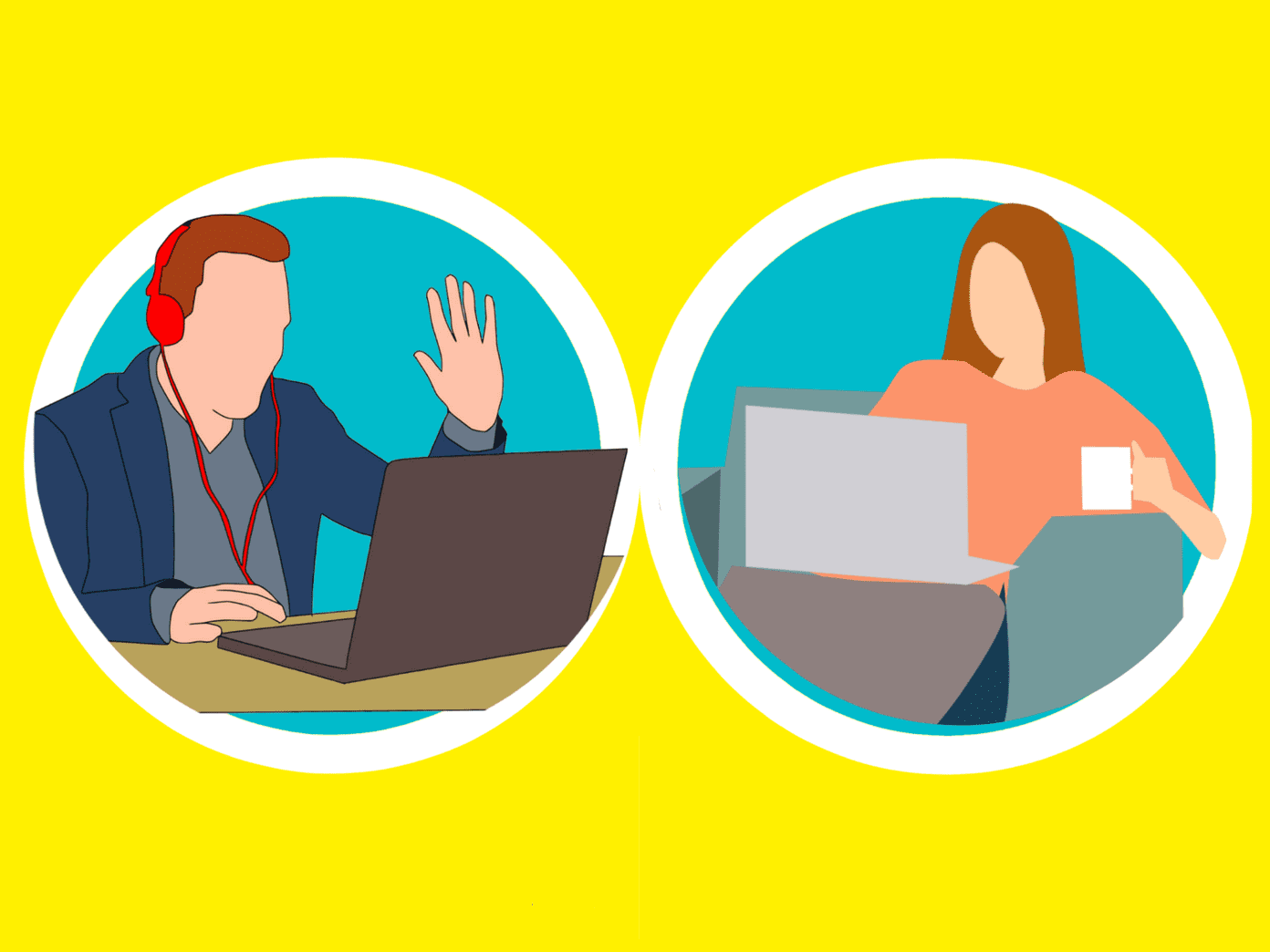“Invalid File Format.” These are just two of the more common error messages you might get while attempting to play an audio or video file. The reasons for this very common error lie in missing codecs. It is also just as easily resolved by downloading the right codecs from the support sites. But it begs the question – what are codecs and how do they help us playback media on our computers?
Definition of Codec
Software or device that controls a digital media file (such as a song or a video), for example encrypting, compressing and/or decompressing the data in it. Media players use codecs to play back videos and audio files like MP3. To explain with a simple analogy, codecs are like translators. They work on some specific data and convert it into something that’s easily understandable by the different media players that are there on our computer.
A More Geeky Explanation
The word ‘codec’ is a blend of compressor-decompressor or alternatively, coder-decoder. A codec encodes data for transmission, storage or encryption. Then, it decodes it for playback or editing. So, an encoder carries out the compression (encoding) role and the decoder does the decompression (decoding) role. Some codecs have both of these components and some codecs only include one of them.
How do Codecs Help Us
Video and music files are large chunks of data. In spite of good internet speeds it would take some time for them to download on our computers. Codecs help to shrink their sizes so that they can be transferred quicker. The compressor compacts the file size before transmission and the decompressor unpacks it again during playback. Without codecs, downloading of audio and video files would take up more time.
Examples of Codecs
There are hundreds of codecs out there and in diverse variety. There are codecs for video, music, voice, text and more. Wikipedia has a detailed page on it. Then there are free codecs and ones for which you need to pay. Thankfully, the common ones MP3, WMA, Real Video, Real Audio, DivX and XviD are all free and easily available. Codecs are also available as codec packs. The K-Lite Codec Pack is one you would do well to download and install. Some other codec packs are XP Codec Pack and Combined Community Codec Pack.
Read More about Codecs
Here are a few more resources you can follow up to understand codecs: Hope this explanation on what codecs are and how they work will help you resolve the everyday problems that you might come across while playing media files. If you’ve got something to add, we’d love to hear that. Share those nuggets of insight in the comments section. The above article may contain affiliate links which help support Guiding Tech. However, it does not affect our editorial integrity. The content remains unbiased and authentic.








